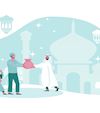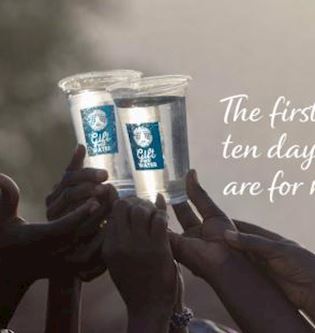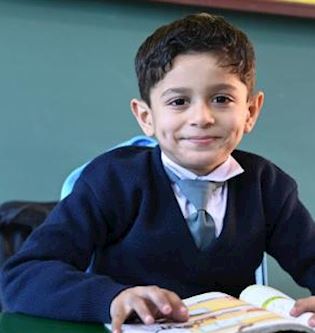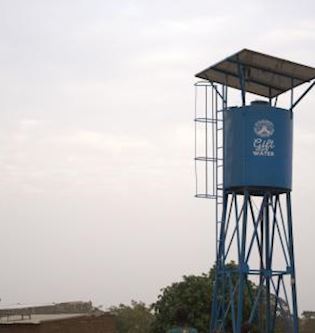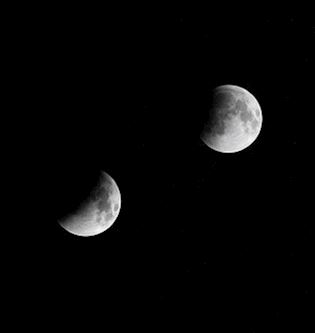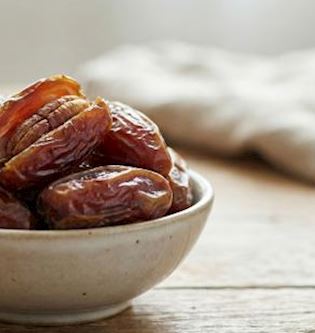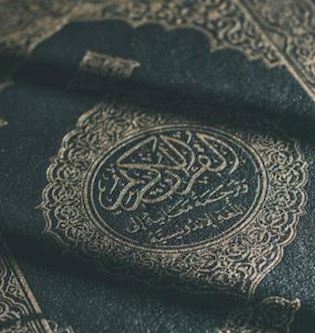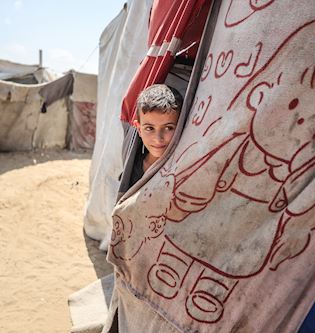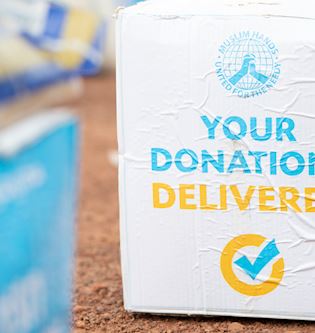What is Salat al Kusuf? The Eclipse Prayer In Islam
Salat al Kusuf, also known as the solar eclipse prayer, is a unique form of worship in Islam performed during a solar eclipse. Salat al-Kusuf is not a well-known prayer, but it is essential to understand what it is and why the prayer is important. Salat al-Kusuf reminds Muslims of the majesty and power of Allah (SWT). It is typically conducted in congregation, although it can be performed individually.
The last solar eclipse occurred on April 8, 2024. According to NASA, the next one is expected on March 29, 2025. These events present significant moments in the Islamic calendar as reminders of Allah's (SWT) might.
What is in an eclipse?
An eclipse occurs when a planet or a moon gets in the way of the Sun's light.
What is the difference between a solar eclipse and a Lunar eclipse?
A Solar eclipse occurs when the moon blocks the sun, as seen from the Earth. In other words, the moon blocks the sun’s light from getting to Earth and the sun becomes dark- fully or partially.
A total eclipse is when the moon perfectly lines up between the Earth and the sun, thus covering the sun completely – causing it to get dark.
A lunar eclipse is when the moon enters into the Earth’s shadow; in other words, the Earth is between the sun and the moon, blocking the sun’s light from reaching the moon.
Is it okay to look at an eclipse with the naked eye?
No- looking at any eclipse without any protection is extremely dangerous and harmful to human eyes. It can cause “eclipse blindness” or retinal burns- known as Solar retinopathy.
What is the time for solar eclipse prayer?
The time for salat al Kusuf is from the beginning of the eclipse until it's over.
Do you have to pray salat al Kusuf if you missed the eclipse?
No, you do not have to pray if you didn’t know there was an eclipse and missed it.
Is there a khutba (sermon) after the payer for the Solar eclipse?
No, there is no formal kutbah or sermon after the prayer.
Performing Salat al-Kusuf
Salat al-Kusuf consists of two rak'ahs (units of prayer). Still, its unique characteristic is the elongation of the standing, bowing, and prostration positions, as the Prophet Muhammad (PBUH) prescribes. The prayer or salah is accompanied by verses from the Quran, such as Surah Al-Fatiha, and longer surahs, such as Surah Al-Baqarah.
Reflection and Importance
A solar eclipse can be seen as a symbol of life's beauty and fragility. Salat al-Kusuf allows Muslims to reflect, seek forgiveness, and renew their faith.
The Prophet (PBUH) said: "Indeed the sun and the moon are not made to eclipse because of the death of anyone nor his life (birth), but they are two signs from the numerous signs of Allah that He uses to frighten and remind His servants. Thus, when they eclipse, hurry to (perform) Sa" at." [ Source: Abu Dawud.]
This hadith highlights that eclipses are not natural phenomena but a reminder of Allah's (SWT) sovereignty over the universe. The wisdom behind performing Salat al-Kusuf is to give Muslims a unique opportunity to turn towards Allah (SWT) with humility and reflect on their actions in this Dunya (life), to seek His forgiveness and mercy.
Salat al-Kusuf is also a call for self-accountability, reminding us of how temporary life is and the importance of the hereafter.
Using the opportunity given to us, we are reminded that even the celestial bodies are subject to Allah's will, reinforcing the belief that everything in creation serves His purpose.
How was Salat al-Kusuf established?
When the sun was eclipsed during the lifetime of the Prophet Muhammad (PBUH), he immediately rushed to the mosque, his cloak dragging behind him, reflecting the urgency and gravity of the event. The urgency displaced let everyone become fearful and understand this was no ordinary prayer—it was a command from the Prophet to seek Allah's (SWT) mercy through supplication and acts of worship.
According to the Prophet (PBUH), eclipses are signs of Allah's power over the universe, designed to inspire humility and fear in His creation. They are not related to the death or birth of anyone, as some believed in ancient times, but rather a divine sign meant to prompt spiritual reflection and the performance of virtuous deeds.
The Prophet said, "The sun and the moon do not eclipse because of the death or life (i.e. birth) of someone but they are two signs amongst the signs of Allah. When you see them offer the prayer."
Through Salat al-Kusuf, Muslims are encouraged to turn back to Allah, seek forgiveness, and renew their connection to Him.
How to Perform the Salat Al-Kusuf Prayer ?
To perform Salat al Kusuf:
- Begin with the niyyah (intention).
- Recite Surah Al-Fatiha and a long Surah.
- Perform ruku' (bowing), prolonging it.
- Stand again and recite Surah Al-Fatiha and another Surah.
- Perform ruku', sujood (prostration), and repeat the same cycle for the second rak'ah.
When to Pray: Salat al Kusuf should be performed as soon as the eclipse is visible, continuing until it ends.
Hadiths related to eclipse
Sun and moon are signs of Allah’s greatness:
And He is the One Who created the day and the night, the sun and the moon—each traveling in an orbit.
[Quran 21:33]
And means to worship Him alone-
Among His signs are the day and the night, the sun and the moon. Do not prostrate to the sun or the moon, but prostrate to Allah, Who created them ˹all˺, if you ˹truly˺ worship Him ˹alone˺.”
[Quran 41:37]
And Allah(swt) mentions eclipses, especially as a sign of the day of judgment:
“I do swear by the Day of Judgment!... Still people want to deny what is yet to come. But when the sight is stunned, and the moon is dimmed, and the sun and the moon are brought together, on that Day one will cry, “Where is the escape?”
[Quran 75: 1, 6-10]
The Solar system- day and night are signs from Allah(swt) and nothing moves without His permission:
There is also a sign for them in the night: We strip from it daylight, then—behold!—they are in darkness.: The sun travels for its fixed term. That is the design of the Almighty, All-Knowing. As for the moon, We have ordained ˹precise˺ phases for it, until it ends up ˹looking˺ like an old, curved palm stalk. It is not for the sun to catch up with the moon,1 nor does the night outrun the day. Each is traveling in an orbit of its own.
[Quran 36:37- 40]





